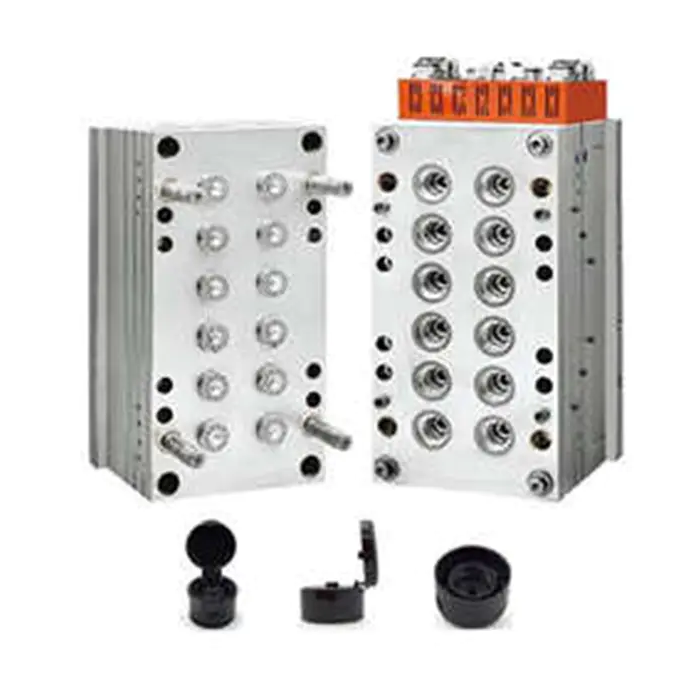Cap moulds play an important role in the production of various types of bottle caps used across multiple industries. From beverage containers to cosmetic bottles, the demand for reliable and efficient cap moulds has steadily grown. As manufacturers, the focus lies in designing and producing moulds that meet specific client needs while maintaining consistent quality throughout the production process.
The manufacturing of cap moulds involves a detailed engineering process. Precision in design and machining is crucial, as even minor deviations can affect the quality of the final product. Manufacturers employ advanced technologies such as CNC machining and computer-aided design to ensure the accuracy and consistency of each mould. These methods also allow for flexibility when customizing moulds to suit different cap sizes, shapes, and threading specifications.
Material selection is another key aspect in cap mould production. High-grade steel or other durable materials are commonly used to withstand the stresses of repeated use during high-speed manufacturing. The chosen materials contribute to the longevity of the moulds, reducing the frequency of replacements and minimizing downtime for clients. In addition, manufacturers pay attention to surface finishing techniques to ensure smooth operation and high-quality cap surfaces.
Customization options are an essential part of the manufacturing service. Clients often require moulds tailored to their product specifications, including unique designs or specific functional requirements. Manufacturers work closely with customers during the development phase to understand their needs and provide solutions that fit their production lines. This collaborative approach helps optimize the mould design for efficient operation and product consistency.
Quality control processes are integrated at various stages of manufacturing. Inspections and testing ensure that mould dimensions and performance meet the required standards before delivery. This attention to detail supports stable production runs and helps prevent defects in the final caps, which can impact sealing performance and consumer satisfaction.
Manufacturers also consider ease of maintenance and repair in their mould designs. Features that allow for quick disassembly or replacement of worn parts can help clients maintain continuous production without extended interruptions. Providing technical support and advice on mould handling and upkeep further assists customers in maximizing the lifespan and functionality of their cap moulds.
In summary, the manufacturing of cap moulds is a complex yet essential process that requires precision, customization, and a focus on durability. By addressing these aspects, manufacturers contribute to the overall efficiency of bottle cap production and support various packaging industries with reliable mould solutions.
